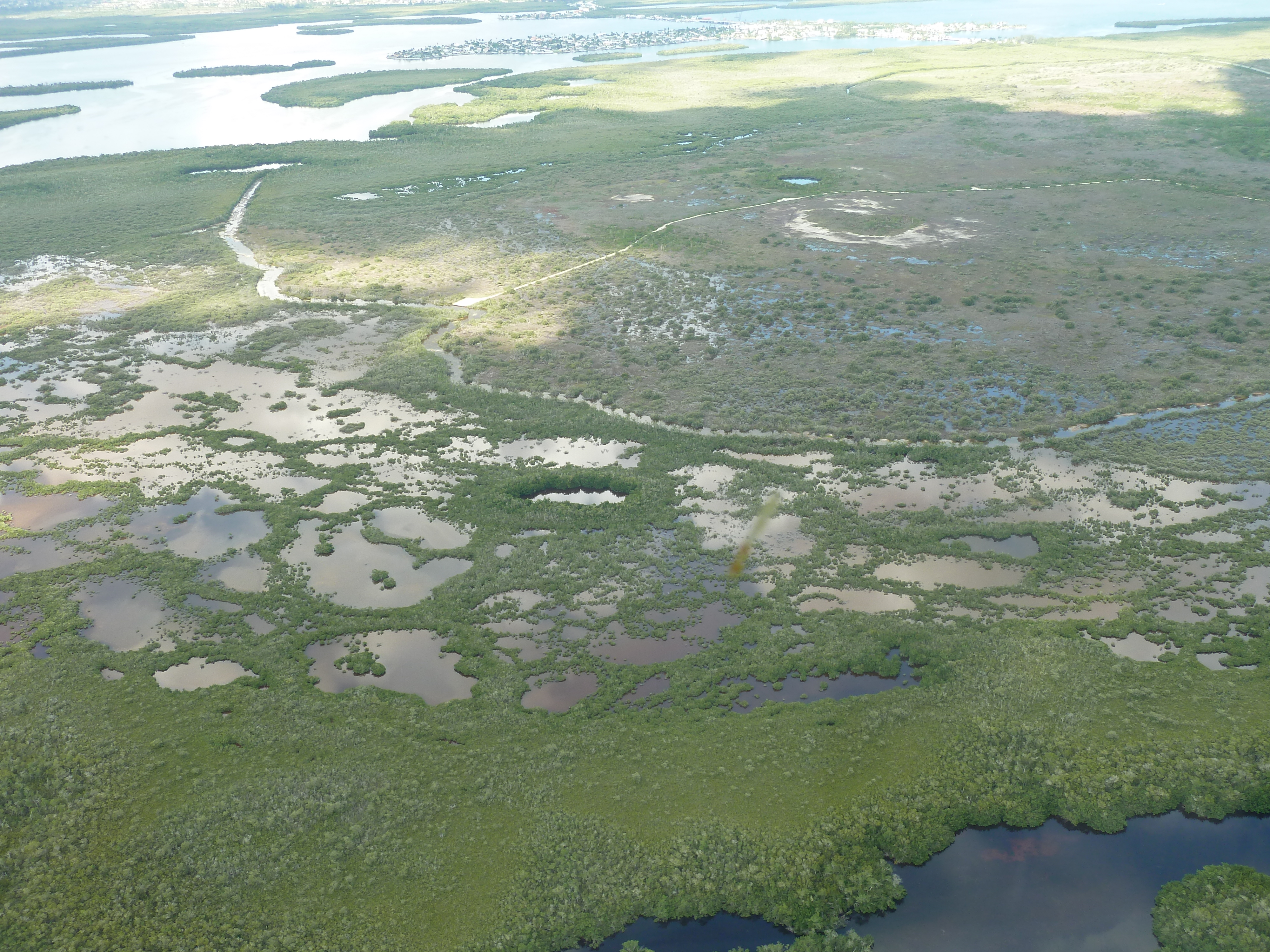The Parana Delta in Argentina: maintaining wetlands and traditional livelihoods

The diverse wetlands of the Parana Delta lie in the La Plata Basin in Argentina. They are under great pressure from the extraction of natural resources, infrastructure development, large-scale livestock farming and agriculture. We are working with strategic partners to influence policy processes and develop sustainable solutions together.
The Paraná Delta is the final portion of the Paraná-Paraguay fluvial wetlands system, the main collector of superficial water of the La Plata Basin. The region is a complex floodplain, with bio-geographic and ecological characteristics unique in Argentina. Its complex water cycle is characterised by periodic flooding of the Paraná and Uruguay Rivers and tides of La Plata River, sometimes so intense that it has serious consequences for nature and local people. The delta supports a great variety of natural resources and around 24,000 people depend on the wetlands which they use for amongst others fishing and farming.
Challenges
The Parana Delta wetlands in Argentina are under pressure from the extraction of natural resources, infrastructure development, large-scale livestock farming and agriculture, mainly rice and soy. Especially in the Lower Delta, the ecosystem has been heavily modified by deforestation, hunting, fishing and the introduction of foreign species of flora, as well as damaged by domestic and industrial pollution. This process is led by medium to big enterprises and seriously affects local populations. It is threatening the wetlands ecosystem and traditional livelihoods that rely on artisanal farming and fishing in the delta.
Achievements
- We developed a strong knowledge-base on for instance the socio-economic valuation of local wetland resources, the extent of large-scale urbanization and on the soy cultivation impacts on wetlands.
- We organised workshops with producers, civil society organisations and other stakeholders and developed a network for exchanging information, experiences and lessons learned. This increased the capacity of the civil society to advocate for better land planning and policies that conserve wetlands in the region. For instance, we helped local civil society organisations to advocate and defend their rights against the expansion of mega-urbanisations within the region.
- Artisanal fishers of the Parana Delta were trained on best fishing practices and how to add value to their products. We also involved livestock farmers of the Parana Delta in the development of a manual on environmental management of island cattle-raising.
- At a policy level we achieved the following: we mainstreamed wetland conservation in the Roundtable on Responsible Soy (RTRS) and in other political processes at the national and regional level. The Minimum Standards Law for Wetlands Conservation (promoted by Wetlands International Argentina) is waiting to be approved by the Deputy Chamber of Argentina, and the Management Plan for the Delta sector of Tigre was approved by the local Council.
Partners
Universidad Nacional de Buenos Aires – UBA
Universidad Nacional de San Martín – UNSAM
Instituto Nacional de Tecnología Agropecuaria
Instituto Nacional de Tecnología Industrial
Naturaleza, Economía y Política Ambiental
Sociedad Rural Islas de Ibicuy
Fundación Ambiente y Recursos Naturales
Fundación Mbiguá
Taller Ecologista de Rosario
Fundación Vida Silvestre Argentina
Fundación Proteger
Secretaría de Ambiente y Desarrollo Sustentable of Argentina (Secretary of PIECAS-DP)
